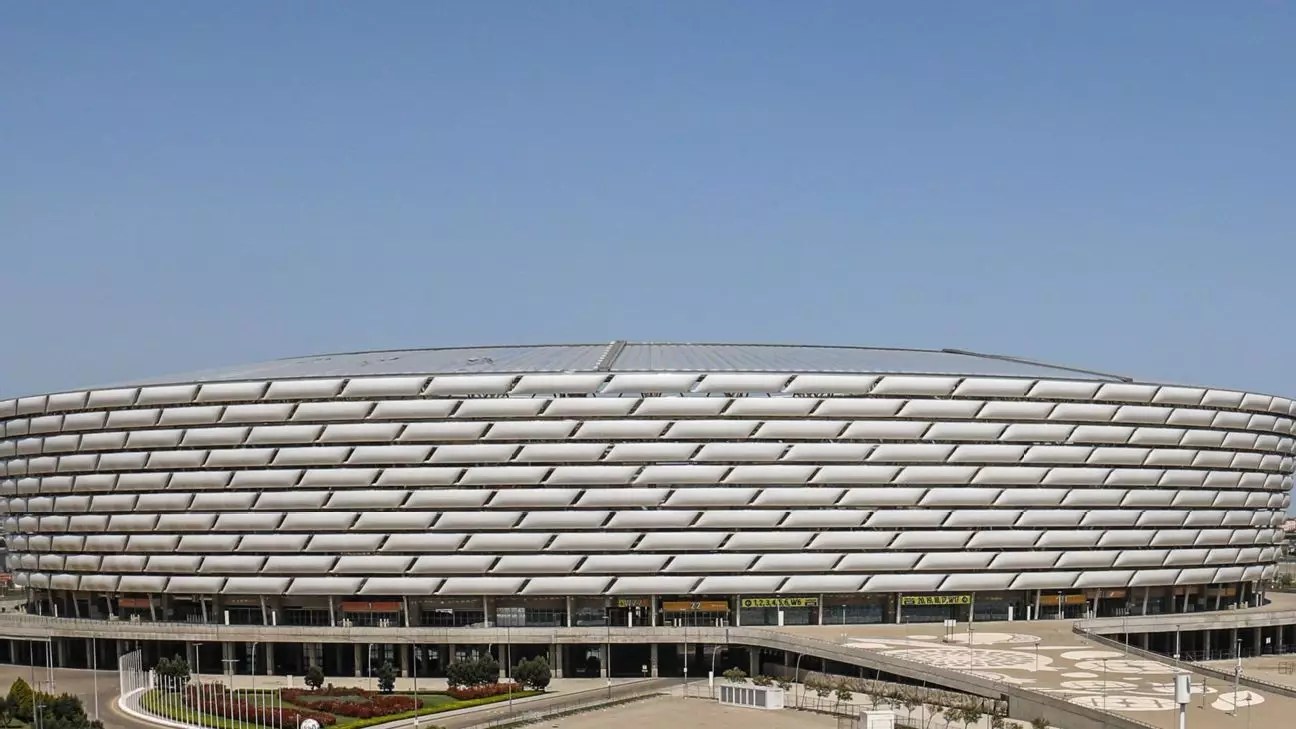In a significant restructuring of future Champions League events, UEFA has confirmed that Madrid and Baku are in the running to host the 2027 final, following the revocation of Milan’s hosting rights. This unexpected turn arose after Milan failed to assure UEFA that the iconic San Siro stadium, home to AC Milan and Inter Milan, would be ready for the high-stakes encounter due to pending reconstruction plans. The decision to open up the bidding process for the highly coveted event reflects both the urgency and the unpredictability often seen in major sports scheduling.
Madrid comes into this bidding with considerable experience and prestige backing its candidacy. The Royal Spanish Football Federation (RFEF) has officially submitted the Estadio Metropolitano, which previously showcased the 2019 Champions League final where Liverpool triumphed over Tottenham. The Metropolitano not only offers a modern architectural design but also boasts a robust infrastructure that can handle a massive influx of fans, ensuring a vibrant atmosphere befitting the finals. Additionally, with Real Madrid’s Bernabéu Stadium having hosted the Champions League final on four occasions, Madrid’s football pedigree is unquestionable, solidifying its position as a strong contender for the 2027 event.
On the other hand, Baku presents an intriguing case, aiming to make history as the easternmost city to host a Champions League final. The Olympic Stadium, which has gained recognition after successfully hosting Euro 2020 matches and the 2019 Europa League final, is Azerbaijan’s primary venue for this bid. While the stadium has proven its capability to host significant international matches, the cultural and logistical differences when compared to more traditional European football hubs raise questions about its readiness to handle an event of this magnitude. Azerbaijan’s desire to host such a prestigious final could elevate its global sporting profile but may also bring challenges in terms of fan accommodations and travel logistics.
As we look towards UEFA’s announcement in May 2025 regarding the final venue, the competition presents two distinct narratives: the established football culture of Madrid versus the emerging football landscape of Baku. Each city embodies unique advantages and challenges in hosting one of the most-watched sporting events globally. The stakes are higher than ever, not just for the respective cities but for UEFA, which must carefully weigh the implications of its decision.
In the context of already confirmed finals taking place in Munich and Budapest in the coming years, the choice for the 2027 final is likely to symbolize a shift in UEFA’s hosting strategies. As the football world becomes increasingly globalized, the fight for hosting rights reflects a broader attempt to diversify the geographical representation of this elite tournament. Ultimately, as the bidding cities make their case, fans and football institutions alike will be keenly watching how UEFA balances tradition with new opportunities in its quest for the perfect venue for the 2027 Champions League final.


Leave a Reply